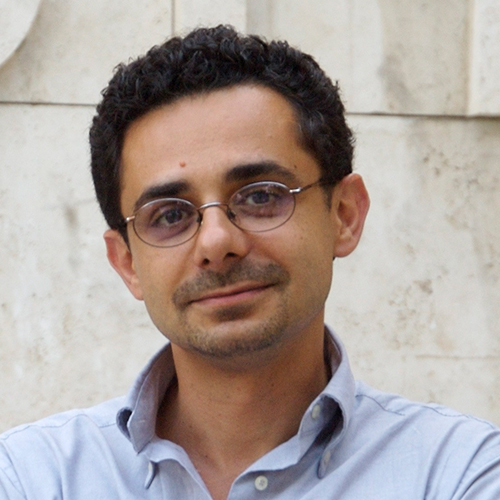Urban phenomena through digital traces
Fábio Duarte - MIT Senseable City Lab, USA
Abstract
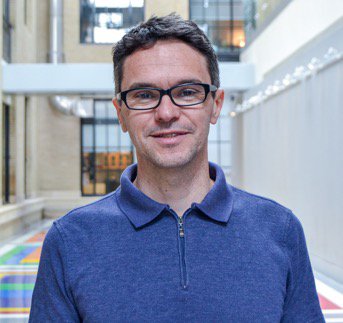
Machine Learning and Event Detection for Urban Public Health
Daniel B. Neill - Machine Learning for Good Laboratory, New York University, USA
Abstract
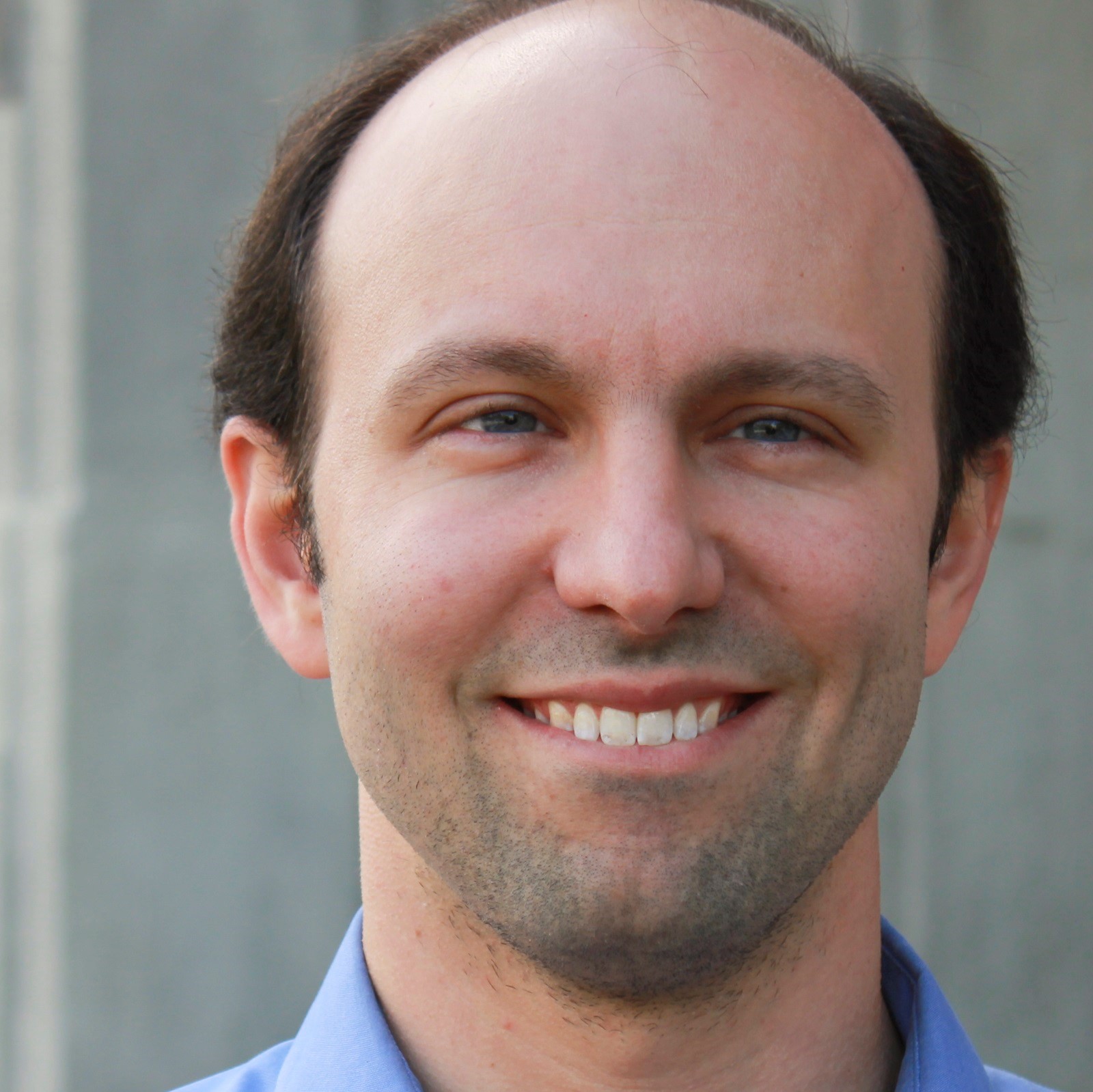
Do higher order connections matter? Measuring urban and regional industry agglomeration patterns
Neave O' Clery - UCL, UK
Abstract
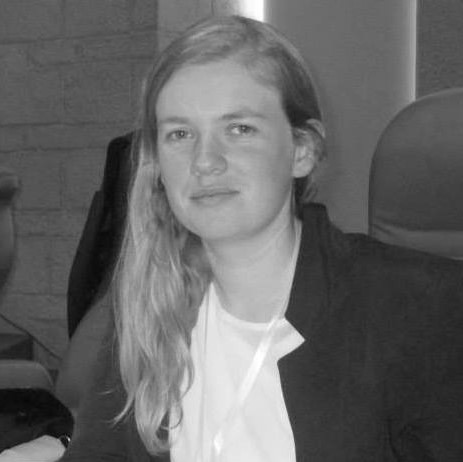
Making cities better with human-centric urban data science
Michael Szell - IT University of Copenhagen, Denmark
Abstract
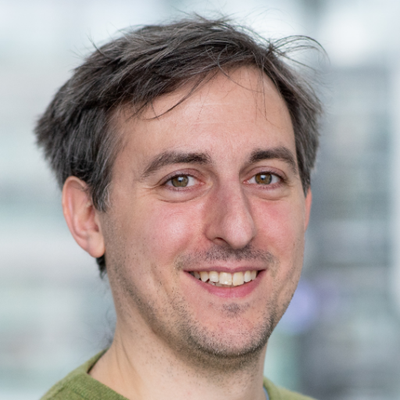
What-if scenarios for urban regeneration
Vittorio Loreto - Director of the SONY Computer Science Lab - Paris
Abstract
